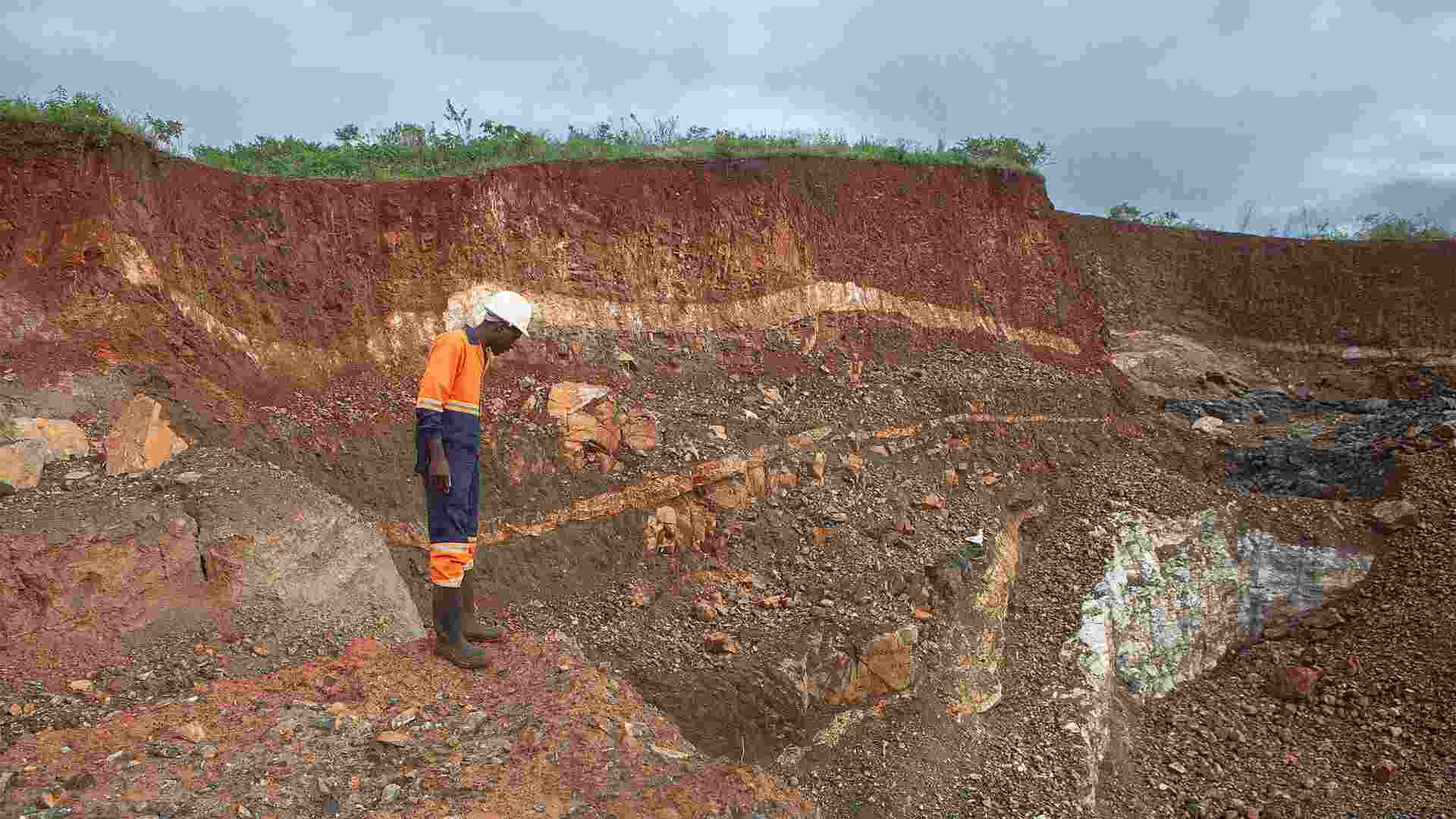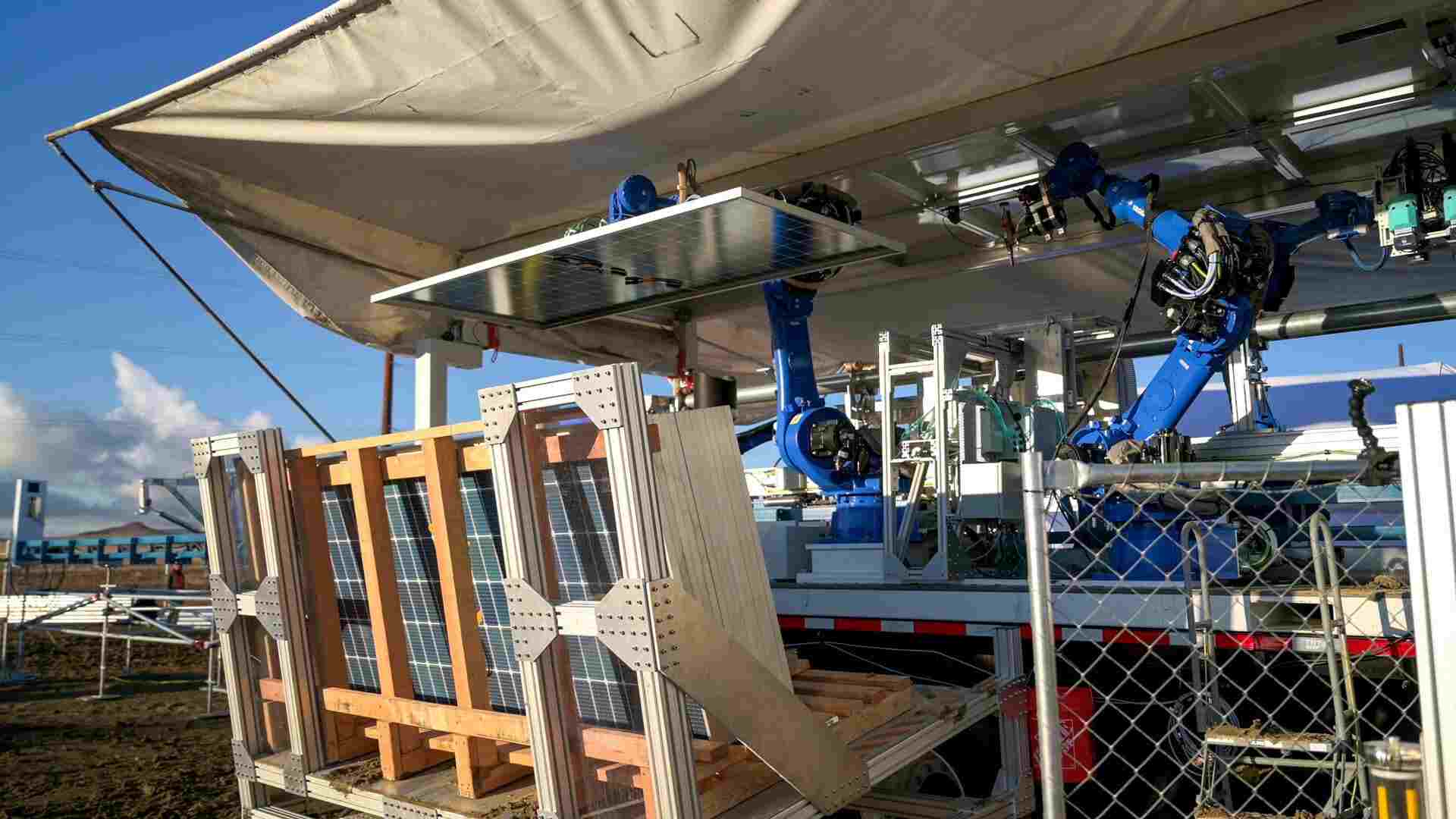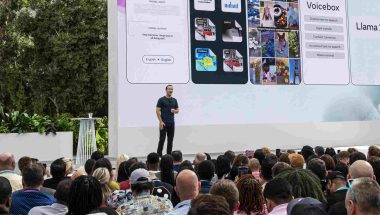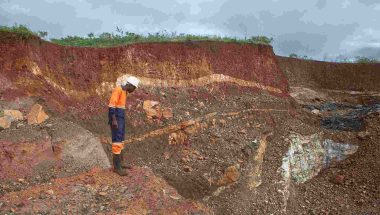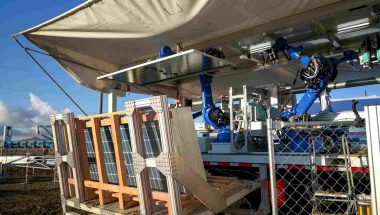- | 9:00 am
Change creates opportunity, says the Coursera chief
In an exclusive interview, Jeff Maggioncalda, CEO of Coursera, talks about grabbing opportunities, investing in the Middle East and the future of learning

Recently, my 19-year-old daughter, a third-year undergraduate, mentioned in passing that she saves video lectures and watches them offline at twice the normal speed at one go during the weekend. Her friends, she says, now routinely accelerate their lectures when learning offline.
Clearly, with digital tools, it is no longer necessary for students to learn at the same time as each other.
Education was adapting to the digital world long before the pandemic, but in the last two years, there’s been a massive leap toward virtual. Many say it helped learners engage better, gain more control over their learning, and work in ways that suited their needs.
While edtech has many critics warning of a “digital divide,” Jeff Maggioncalda, CEO of Coursera, one of the world’s biggest edtech platforms, says online learning has the power to democratize opportunity. He shared his views in an exclusive interview before his proposed visit to the Middle East.
“People often say, ‘talent is equally distributed, but opportunity is not.’ In this new era, we’re seeing that broadband connectivity, online learning, and remote work have the power to advance equal opportunity in the new economy at an unprecedented scale,” says Maggioncalda, who has led the online learning platform since 2017.
“Learners can develop skills online, apply to jobs online, and even work remotely.”
Getting past the perception that in-person training is superior and of higher value, can we acquire knowledge properly online?
He says, while online education cannot replace “the valuable benefits students receive from earning a degree on campus, it can help many students who cannot participate in on-campus programs for whatever reason.”
The hybrid learning model is here to stay, he adds. “Universities are evolving their on-campus degree programs to include more industry-relevant content, often in an online or hybrid format.”
Maggioncalda, who attended Stanford University for undergraduate study and later, in 1996, completed an MBA at its business school, was already a fan of the learning platform before he joined the company five years ago.
He says online courses offer an “incredible opportunity” to access a world-class learning experience that would otherwise remain out of reach for those who find traditional higher education cost-prohibitive or have other responsibilities that prevent them from participating in a program full-time. And even for those with disabilities.
FUTURE OF LEARNING
With globalization, economic uncertainty, and rapidly accelerating skill gaps reshaping the future of work, he says there is a greater need for institutions to make education more accessible and career-relevant.
With technology transforming every industry, there has been a fundamental shift in how we learn and work. “The workplace mandates new skills, and students and workers need more flexible, affordable, and fast-tracked pathways to land well-paying jobs,” he says.
But the traditional higher education system faces inherent challenges in meeting modern demands. Although it is one of the largest industries in the world, it has witnessed relatively little innovation, he adds. “There is an evident disconnect between the skills needed in the current workforce and the skills taught in traditional post-secondary programs.”
“Institutions must prioritize developing the high-demand digital and human skills required to build a competitive and equitable workforce.”
Cross-sector collaboration will be key to addressing the scope and size of the skills gap and social inequities worsened by the pandemic, he adds. “Online education will continue to open the door for higher education institutions, governments, and businesses to upskill and reskill the entire population of students, workers, and employees for the new economy at unprecedented speed and scale.”
GROWTH IN THE MIDDLE EAST
The company, founded in 2012 by two Stanford professors, Daphne Koller and Andrew Ng, has grown into an online learning platform connecting over 275 university and industry partners like Google, IBM, and Yale University, and over 100 million learners in a decade.
“Our diverse offerings, unique assets, and global distribution provide us with multiple growth opportunities,” says Maggioncalda. “The trends driving our business are also proving durable. This includes the need for new skills and the desire for education that is accessible and flexible.” One of the world’s biggest edtech platforms, Coursera offers a vast range of courses, from short programs to master’s degrees.
In the Middle East and North Africa (MENA) region, Coursera supports over 6.2 million learners. Breaking down the numbers, the Coursera CEO says it is roughly 30% growth year-over-year, with over 680,000 learners in the UAE, 720,000 learners in Saudi Arabia, and 1.9 million learners in Egypt.
In the MENA region, more than 100 organizations use the platform to upskill and reskill students and employees, including the Abu Dhabi School of Government, National Center for e-learning in Saudi Arabia, Ain Shams University, and Canadian University Dubai.
It also partners with leading universities in the region, including Al Faisal University, Jordan University of Science and Technology, and Khalifa University, enabling learners to engage with localized content and develop skills that are of increasing focus in the region.
“As we continue to double down in the MENA region, we now offer more than 2,000 courses in Arabic,” he adds.
The edtech company launched a career academy earlier in the year to prepare learners, even those with no college degree or prior work experience, for in-demand jobs with skills training and entry-level professional certificates from Google, IBM, and Meta. “Reputed institutions in the region, such as Alamein International University in Egypt and Canadian University Dubai, are already adopting the platform as part of their talent transformation agenda.”
EQUIPPING THE FUTURE WORKFORCE
Talking about the most in-demand skill of the future, Maggioncalda says there’s a significant increase in demand for companies looking to train employees in AI, machine learning, data science, and cloud computing.
While developing digital proficiency is undoubtedly important, businesses also recognize the need for strong leadership at all levels to help guide organizations on their growth path, he says. “This is where leadership development and building human skills such as emotional intelligence, interpersonal skills, and change management come into play.”
“The MENA region proves to be a rising hub for business talent,” he says.
According to Coursera’s Global Skills Report 2022, Saudi Arabia and the UAE have the most advanced proficiency in business skills compared to the broader MENA region.
The UAE has the highest proficiency level for business skills such as leadership and management, strategy and operations, communication, human resources, and entrepreneurship. And Saudi Arabia ranks among the top ten countries, with learners showing a strong penchant for accounting, human resources, strategy, and operations.
“However, there remains a need to address the prevailing gap in technology and data science competencies, a strategic imperative to the region’s digital transformation ambitions,” says Maggioncalda.
“While organizations and governments are leading upskilling efforts in their capacities to equip the future workforce with in-demand skills, increased collaboration across the public-private sector can allow institutions to develop human capital at a greater scale.”
Maggioncalda, who made the online learning platform public in March 2021, says the company will continue to grow and invest in the Middle East. “We will support the region’s digital transformation agenda and prepare the next generation of talent to thrive in a competitive global work environment.”
GROWTH AND STRATEGY
As CEO of Coursera, he says there are big challenges he needs to address—the most important being maintaining growth. “We need to build an enterprise that can grow. To do that, you need to build an enterprise willing to change. And you don’t want random change; you want intentional, well-informed change.”
The cycle of “learn, change, and grow” should be inherent in an organization if it wants to maximize the chance of success, he says. “If you are a growth company, you must find opportunities to build a business that others have not yet found. What creates opportunity is change. If you can spot what’s happening, move quickly, and continually adapt to the feedback.”
Maggioncalda says companies “need a clear strategy.” If they don’t have one, “you are not playing for a big opportunity. A great culture will not necessarily create a great business. You have to identify which customers you are trying to please, which problem you are trying to solve, and what solution solves the problem.”
Quick Five:
Your favorite business book: The Lean Startup by Eric Ries
Author: Sean Carroll
App: Apple News
Stress relief/exercise: Music and running
Best advice you got: “Must be present to win.”













